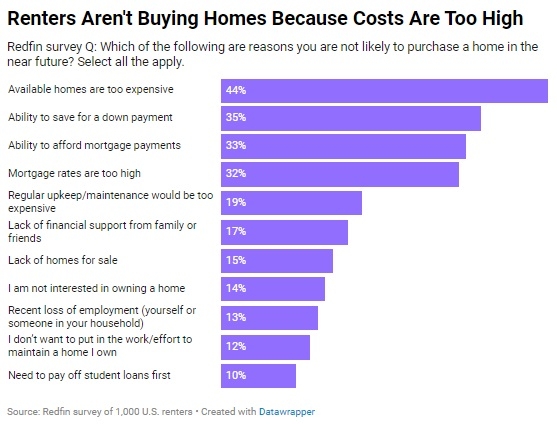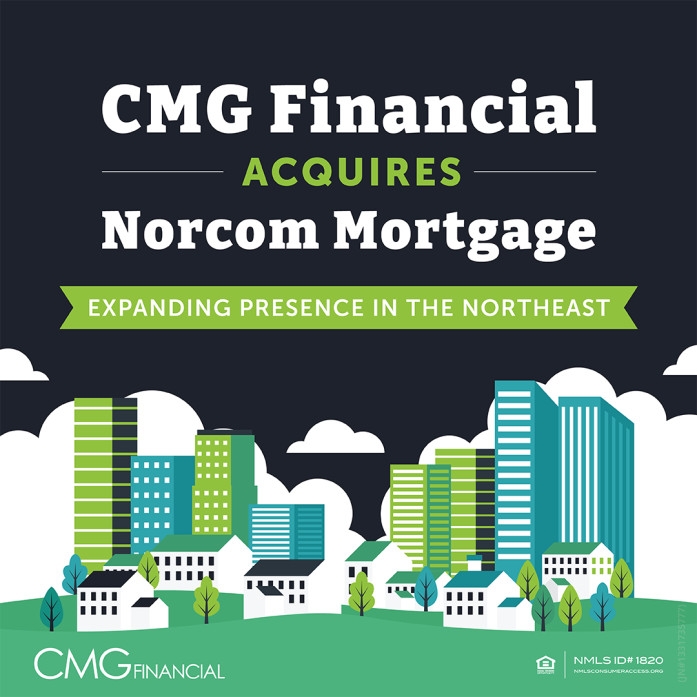Advertisement
Surety Simplified With Bond Basics

Why do I need to have a surety bond? The short answer is “because THEY said so!” It’s the law. What does a bond do, anyway? Surety bonds are similar to insurance in that they offer protection from defined risks. One primary difference is whom they protect. Bonds provide NO protection for the licensee (principal) who is required to purchase them. Instead, bonds protect the state regulating department (obligee) who requires them to be purchased. The “defined risks” they protect against can be found in the bond form, state legislation or rules and regulations prescribed by the state regulator responsible for overseeing the licensees. These typically include fines and fees levied by the regulator as a result of actions (or inactions) of the licensee.
Another primary difference is that, unlike insurance where risk is completely transferred to the insurance carrier via the insurance policy, the indemnity (or hold-harmless) agreement between the principal and the surety allows the surety carrier to be reimbursed by the principal for any claims it has to pay to the obligee under the surety bond provided on the principal’s behalf.
What value do surety bonds provide to the industry?
Because the underwriting of surety bonds evaluates the character, capital and capacity of the principal, they are often relied upon as part of the overall qualification process to obtain (or maintain) a license with the state regulator. Aside from the consideration that the regulator provides to the license application, that regulator gets a second opinion since the licensee has also met the independent qualifications of the surety industry who has agreed to provide a bond on the licensee’s behalf.
Indirectly, the surety underwriting process functions as an additional filter to help ensure that only those individuals of a certain caliber are able to operate as a licensed professional. This certainly assists those high-quality professionals to maintain the reputation of their industry by helping guard against less scrupulous or more risky individuals and the wrong kind of attention that they inevitably attract.
Mason Grashot, CPA is president of The Bond Exchange, a national insurance agency focused on surety bonds with a unique specialty practice centered on the mortgage profession. As the endorsed strategic partner of NAMB—The Association of Mortgage Professionals, The Bond Exchange services thousands of surety bonds through programs designed specifically for the mortgage industry. For more information, call (501) 224-8895 or visit www.thebondexchange.com.
About the author





